There are plenty of reasons not to like the internet today.
It starts with how we access it. Depending on where you are, internet connections can be unreliable, slow, and even pricey. There’s much disparity in the speed and pricing of the packages offered by internet service providers (ISPs) all over the world. ISPs can be quite restricting too. Monthly bandwidth caps are forcing us to prioritize what to access online.
This then leads us to the issue of net neutrality. ISPs are lobbying against an open internet claiming that they should have the right to set prices depending on the type of content or data that we access. This is at odds with our right to freely use (within lawful bounds) a utility we’re paying for.
Governments are also exerting their influence over the internet placing laws and regulations that allow them to censor and surveil our online activities. Private corporations also figure into this discussion as well. It seems that we’ve virtually forfeited our data to these companies when we agreed to their terms and conditions to use their services.
Then there’s the general profusion of bad products, bad content, and bad behavior. The list can go on.
The big question is, how can we fix it?
Centralization ruined it
Centralization has got a lot to do with these issues. The internet used to be highly decentralized operating essentially as a large peer-to-peer network. This changed when large telco companies took over the infrastructure in the effort to commercialize internet access.
Today’s tech giants eventually rose to prominence by providing most of the popularly used services and applications. They now happen to figure into almost every aspect of internet use. Google knows what questions we need answered. Facebook knows who and what we like. Amazon, being our go-to store, knows our home addresses, payment information, and purchases.
Unless you’ve been living completely off the grid, these companies are bound to have your in-depth profile. What’s even scary is that such data can be used to manipulate us as revealed in the Cambridge Analytica scandal.
Having only a small group of entities dictate what we can and can’t do on the internet isn’t a good thing. These companies can impose policies that are designed for them to profit from our participation in a not-so-equitable manner. They can also stifle competition due to their size and influence.
A centralized service also serves as a single point of failure, that when exploited, could lead to disastrous outcomes. For example, DNS service provider Dyn plays a major role in the today’s infrastructure. An outage caused by a cyberattack to its services back in 2016 took down popular applications like Twitter and Netflix. This disrupted the online activities of millions of users.
How about decentralization?
There is now growing interest in transitioning away from centralized approaches as more users become aware of these downsides. The vision of decentralization is lessen the hold of these few entities over the internet and give back power and control to users.
It’s even quite fortunate that blockchain and crypto activities have gained much acceptance over the past year. These technologies offer the means to make a decentralized internet viable. Through blockchain and smart contracts, it is now possible to build and deploy decentralized applications (dapps) and platforms founded on transparent and immutable rules designed to be fair to its users.
These platforms are making headway in their development.
Projects like Skycoin even seek to disrupt the internet infrastructure segment by coming up with Skyminer – a custom-built hardware that is designed to support a crypto-driven internet ecosystem. The device essentially functions as a cost-effective but high-performing server with secure routing and networking capabilities. The device is also planned to be able to broadcast using a wireless antenna which will allow owners to function as ISPs and share their bandwidth to others creating a real peer-to-peer infrastructure.
Moreover, these efforts are making use of crypto currencies to power their respective economies. This way, they become self-sustaining. Peers fairly pay each other directly using crypto currencies without the involvement of intermediaries. Prices are market-driven and not dictated by big corporations.
The community that these platforms create also become a self-policing body that could democratically decide on matters. They are also responsible for encouraging positive behavior and punishing poor products and services and malicious actions.
Fixing the internet
We’ve been letting the internet be under the control of just a few entities for far too long. What we need to fix is for ordinary users like us to regain control and create an internet that’s truly neutral. It does call for us to step away from centralized approaches. Fortunately, decentralization offers the means for us to do so.
Decentralized platforms allow us to participate in fair and equitable markets. The crypto currency economies ensure that platforms are self-sustaining. These platforms also provide the opportunity for us to get back ownership of our personal data.
These technologies may still be in relative infancy but with exciting and ambitious projects that even seek to disrupt not only services and applications but the underlying infrastructure, a decentralized internet might be in our future. This way, we get to enjoy an internet that’s truly for the people and by the people.





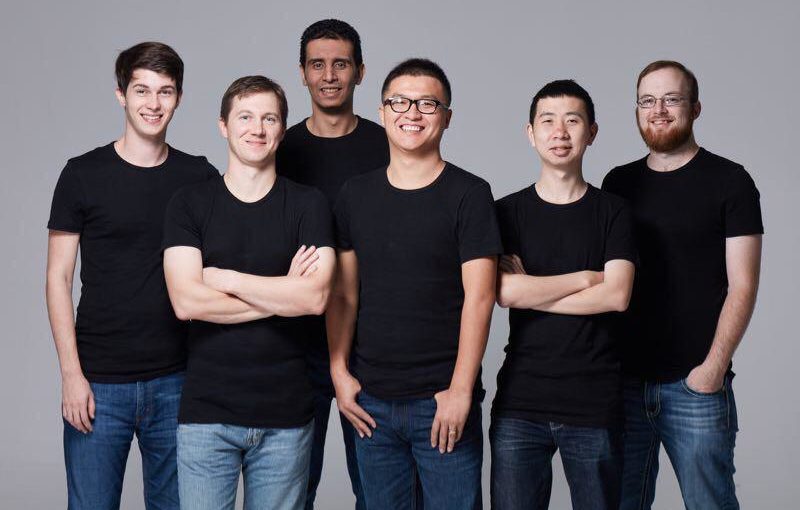
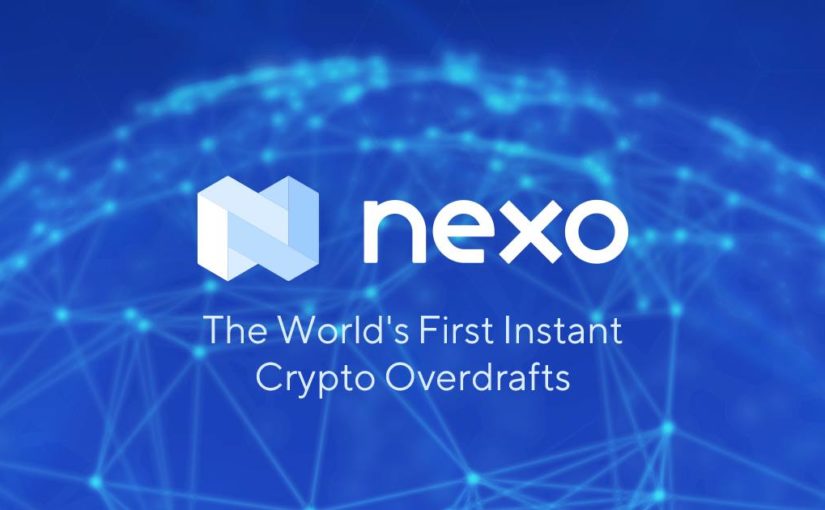


 XY, the firm behind XYO Network have built and currently expanding one of the worlds largest decentralised location tracking protocols with GPS beacons and Bluetooth.
XY, the firm behind XYO Network have built and currently expanding one of the worlds largest decentralised location tracking protocols with GPS beacons and Bluetooth.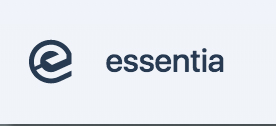 Data ownership has become a hot topic these last couple of years with many unaware that corporations, governments and other 3rd party entities are profiting from what many consider to be their personal data.
Data ownership has become a hot topic these last couple of years with many unaware that corporations, governments and other 3rd party entities are profiting from what many consider to be their personal data. HOQU aspires to be the world’s first decentralised marketing platform enabling affiliates and merchants to work together directly without the need for a middleman. This ensures both parties are treated fairly with all actions completed through transparent smart contracts.
HOQU aspires to be the world’s first decentralised marketing platform enabling affiliates and merchants to work together directly without the need for a middleman. This ensures both parties are treated fairly with all actions completed through transparent smart contracts.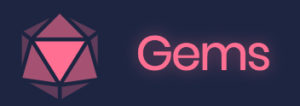 Gems is a decentralised mechanical turk powered by blockchain technology. It builds on the shortcomings of traditional Mechanical Turks such as Amazons MTurk and Crowd Flower.
Gems is a decentralised mechanical turk powered by blockchain technology. It builds on the shortcomings of traditional Mechanical Turks such as Amazons MTurk and Crowd Flower. Peer-to-peer file sharing is a phrase most of us are familiar with. It was once one of the most popular ways to share files across the internet and through the use of torrents still is even today.
Peer-to-peer file sharing is a phrase most of us are familiar with. It was once one of the most popular ways to share files across the internet and through the use of torrents still is even today.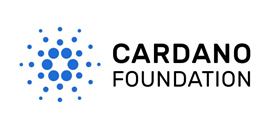 It would be almost criminal to end the article without mentioning Cardano. This is by far one of the most exciting (albeit adventurous) projects that we will be following over the course of 2018/2019.
It would be almost criminal to end the article without mentioning Cardano. This is by far one of the most exciting (albeit adventurous) projects that we will be following over the course of 2018/2019.
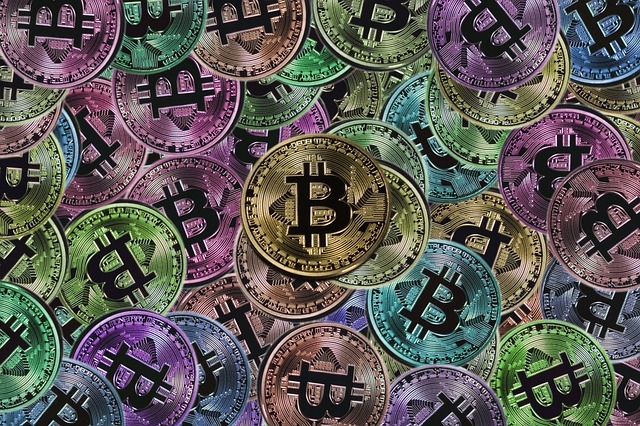
 HelloGold is not a Blockchain firm you might be familiar with, despite the company raising just over 17,000 Ether in a token sale earlier this year.
HelloGold is not a Blockchain firm you might be familiar with, despite the company raising just over 17,000 Ether in a token sale earlier this year. Cindicator is a decentralised analytics platform powered by ‘hybrid’ intelligence. The project raised a cool 55,569 Ether in the token sale earlier this year with over 4,000 participants.
Cindicator is a decentralised analytics platform powered by ‘hybrid’ intelligence. The project raised a cool 55,569 Ether in the token sale earlier this year with over 4,000 participants.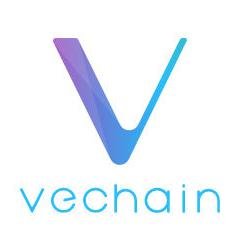 Established two years ago in Singapore VeChain is a product management platform built on the Ethereum Blockchain. They aim to revolutionise how products are processed through the supply chain by simplifying how manufacturers manage, collect and share data with vendors and consumers.
Established two years ago in Singapore VeChain is a product management platform built on the Ethereum Blockchain. They aim to revolutionise how products are processed through the supply chain by simplifying how manufacturers manage, collect and share data with vendors and consumers.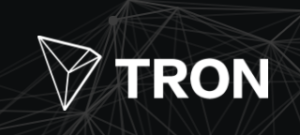 Beijing-based blockchain startup TRON is a protocol for the global digital entertainment industry. It provides developers with the infrastructure for app development and smart networks which in layman’s terms means TRON is developing a worldwide free content entertainment system built on the blockchain which will enable users to publish, store and own media in a decentralised manner.
Beijing-based blockchain startup TRON is a protocol for the global digital entertainment industry. It provides developers with the infrastructure for app development and smart networks which in layman’s terms means TRON is developing a worldwide free content entertainment system built on the blockchain which will enable users to publish, store and own media in a decentralised manner.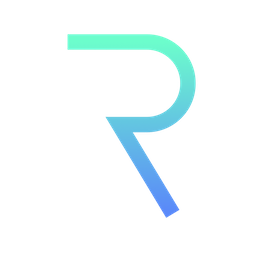 Fin-tech firm Request Network has made waves in the last couple of months when it raised a cool $33,600,000 in their initial coin offering. Unlike many Blockchain firms they were actually founded in 2015 and started receiving support very early on from ING bank. Request Network aims to become a decentralised network for payment requests allowing businesses or anyone for that matter to request monies from just about anywhere. It is looking to position itself as a payment provider like paypal, stripe etc with one of its main uses being invoice management on a distributed ledger.
Fin-tech firm Request Network has made waves in the last couple of months when it raised a cool $33,600,000 in their initial coin offering. Unlike many Blockchain firms they were actually founded in 2015 and started receiving support very early on from ING bank. Request Network aims to become a decentralised network for payment requests allowing businesses or anyone for that matter to request monies from just about anywhere. It is looking to position itself as a payment provider like paypal, stripe etc with one of its main uses being invoice management on a distributed ledger.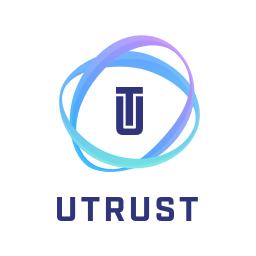 Similar to Request.Network and dubbed the “payments platform of the future” Utrust aims to take the benefits of PayPal and weave them in to Blockchain technology to create the ultimate online payment gateway that will protect buyers with mediation and sellers.
Similar to Request.Network and dubbed the “payments platform of the future” Utrust aims to take the benefits of PayPal and weave them in to Blockchain technology to create the ultimate online payment gateway that will protect buyers with mediation and sellers.
